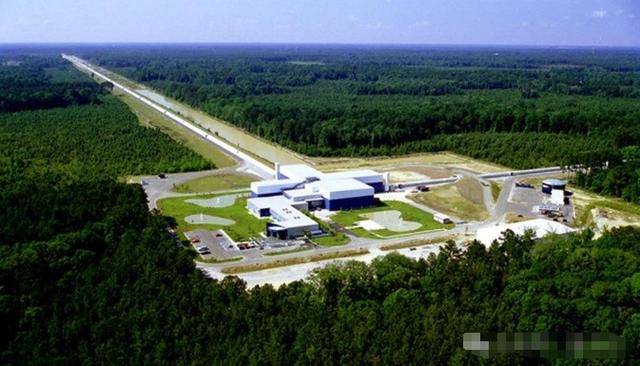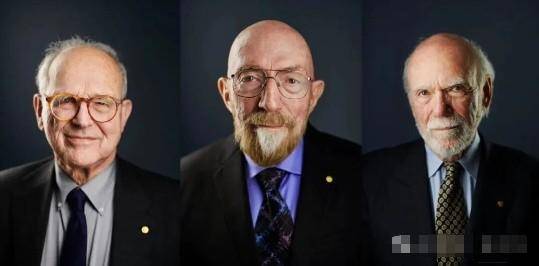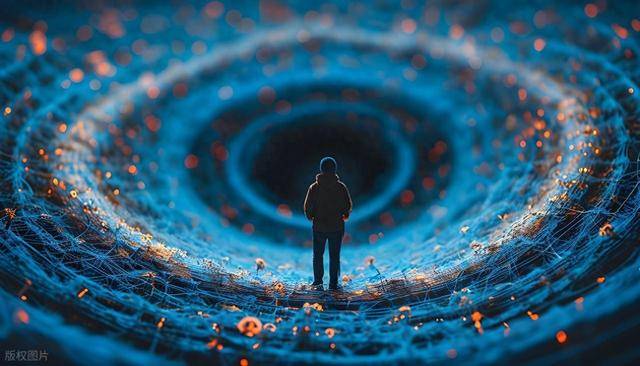It is well known that results published in Science are considered hard currencyin the scientific community. This time, GoogleDeepMind has combined AI with gravitational waves, two major hotspots. In the past, detecting gravitational waves was challenging for many scientists due to noise interference, but now AIhas directly expanded the observation range by 70%?
This 70% increase means how many more black holecollisions and neutron starmergers can be observed deep in the universe? What magical operations did AI use to ensure that it neither lost weak signals nor failed to accurately reduce noise?
The DeepLoopShaping technology developed by Google DeepMind in collaboration with the LIGOteam has expanded the gravitational wave observation range by 70% and has been published in Science, which is undoubtedly a significant breakthrough.
Some might wonder if AI has reduced low-frequency noise so much, could it accidentally filter out useful gravitational wave signals during noise reduction? If the signals are lost, increasing the observation range becomes meaningless.
This concern is quite reasonable, considering that gravitational wave signals are inherently very weak and entangled with noise.
However, from a technical perspective, such a situation is unlikely to occur.
The DeepLoopShaping technology does not directly search for signals like traditional methods; instead, it first creates a digital twin model of the LIGO detector, simulating various environmental interferences. AI undergoes billions of iterations of learning in a virtual environment, optimizing the feedback loop.
It employs recurrent neural networkscapable of processing vast data streams and recognizing microsecond-level interferences and making adjustments. It extracts the features of gravitational waves from the raw sensor signals using the optimal path rather than simply filtering signals, making it unlikely to mistakenly delete useful signals. From another perspective, this technology currently only performs well in the GW240312 black hole collision event; could it be a chance success? What if it encounters another type of gravitational wave event, like neutron star mergers, and fails? Such skepticism about the universality of the technology is normal, as a single success does not fully demonstrate the technology’s comprehensive capabilities.

However, we must consider that the core breakthrough of this technology is solving the low-frequency noise problem, which is crucial not only for black hole mergers but also for early warning of neutron star mergers and observing intermediate-mass black holemergers.
It has reduced the noise in the low-frequency range below quantum noise, surpassing design goals, laying the groundwork for handling different types of gravitational wave events related to low frequencies.
Furthermore, the research team will undoubtedly continue testing, using various types of gravitational wave events to verify the stability of the technology. Although the current success is an isolated case, from the perspective of technical principles and key breakthroughs, there is a high likelihood it will play a role in other events.

Some may question whether AI technology plays such a significant role here; will scientists become unnecessary in the future? Can we just let AI lead the gravitational wave detection research? This concern is somewhat unnecessary.
AI is indeed a powerful tool, capable of processing massive amounts of dataand optimizing systems, but all its actions are based on models constructed by scientists and the goals set by them.
For instance, the digital twin model this time was precisely simulated by scientists to include interference factors like earthquakes and ocean waves.
The direction of AI’s learning and optimization goals are also determined by scientists based on the needs of gravitational wave detection.
Moreover, interpreting the results derived from AI, analyzing the physical significance behind these results, and planning future research directions all rely on the expertise of scientists.

As Professor Jan Hams mentioned, using technology for pre-merger warnings and coordinating with other observational equipment requires the judgment and operation of scientists.
AI merely assists scientists in improving efficiency and breaking through technological limitations; it will not replace the leading role of scientists in research.
Through this contemplation, we can see that the breakthrough of DeepLoopShaping technology indeed holds significant value, but it also needs continuous improvement and validation in subsequent research.
This model of integrating technology with science provides a new pathway for fundamental physics research. In the future, with more testing and optimization, it will surely play a larger role in the field of gravitational wave detection, helping humanity explore the universe more deeply.返回搜狐,查看更多

